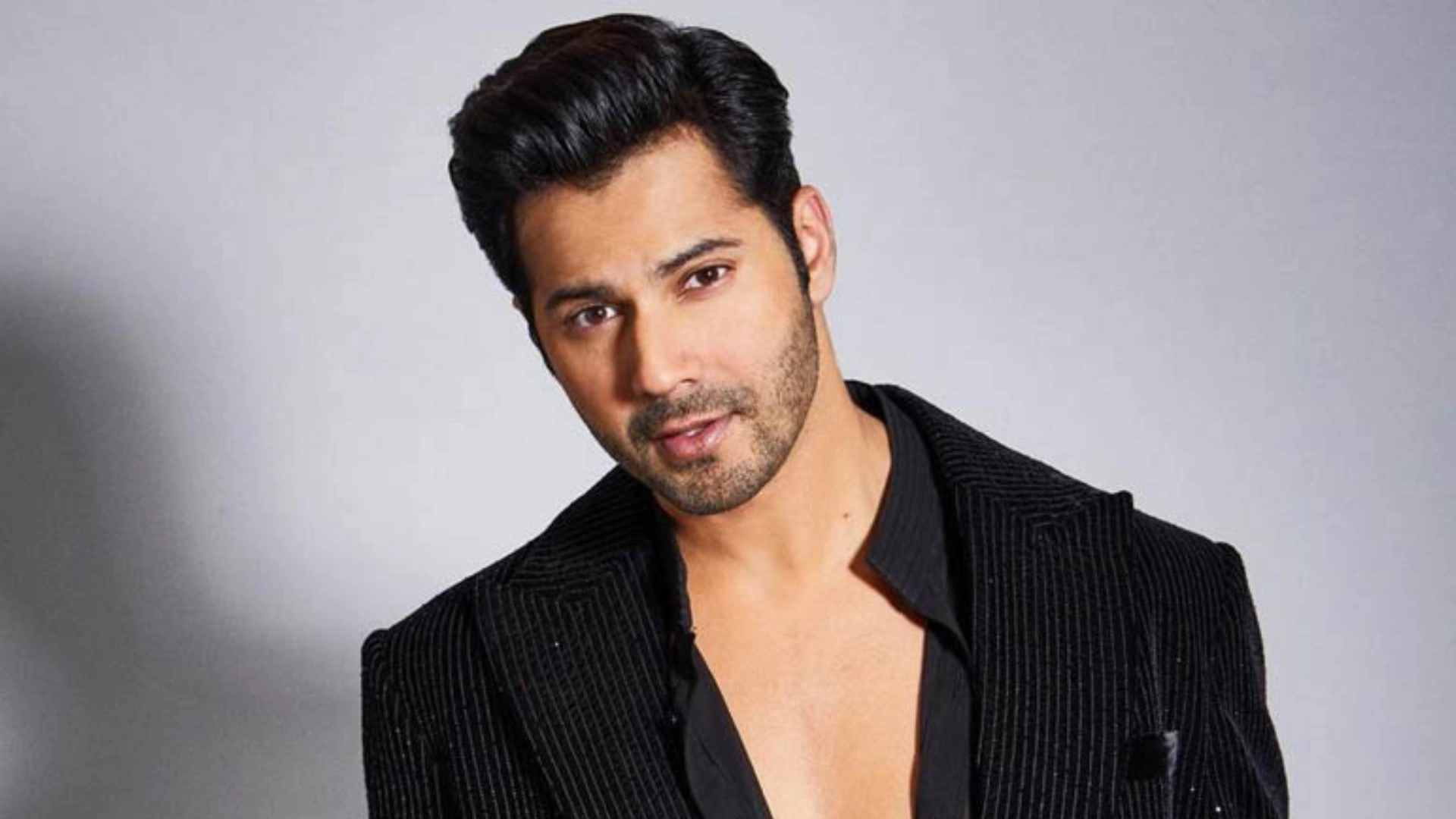Indian Navy Chief Admiral Dinesh Tripathi voiced his astonishment regarding Pakistan’s ability to secure military equipment and weapons, particularly from China, amid its struggling economy. In a candid interview with ANI, Admiral Tripathi highlighted the irony of a nation that is “faltering and begging” for international assistance finding the means to modernize its armed forces.
Admiral Tripathi stated, “I think more than a cause of concern, it is very surprising as to how an economy which is faltering and begging for international assistance could muster the funds for ensuring that their armed forces are modernized.” This comment underscores a growing awareness and concern within the Indian Navy regarding Pakistan’s military developments, particularly in naval capabilities.
Monitoring Developments In The Pakistan Navy
Admiral Tripathi confirmed that the Indian Navy is closely monitoring advancements within the Pakistan Navy. He emphasized that intelligence regarding the types of weapons and platforms being acquired is vital for maintaining regional maritime security. “We have got a strategy in place to ensure that maritime security in the region and our national maritime interests are not compromised,” he noted, reinforcing India’s commitment to safeguarding its waters.
The Indian Navy Chief specifically referred to Pakistan’s increasing military collaboration with China. “As far as China is concerned, you are fully aware that it has become the largest navy in terms of numbers. That also we are keeping a track,” he stated, pointing to the shifting dynamics in naval power in the region.
Strengthening India’s Naval Capabilities
Amidst these challenges, Admiral Tripathi shared optimistic news regarding the Indian Navy’s capabilities. Currently, 63 ships are being constructed in Indian shipyards, involving various sectors, including Defence Public Sector Undertakings (DPSUs) and private industries like L&T. “The 17 Bravo ships are very capable 7000-8000 tonne frigates,” he explained. He further outlined the long-term integrated perspective plan, which aims to expand India’s fleet to 24 frigates, bolstering maritime strength.
Admiral Tripathi emphasized the goal of achieving self-reliance in naval capabilities. “Indian Navy will be a full ‘Atmanirbhar’ force by 2047,” he declared. The plan entails manufacturing all platforms, from surface vessels to submarines, domestically. The Indian Navy has already established two task forces tasked with collaborating with industry to assimilate advanced technologies to bridge existing capability gaps.
Admiral Tripathi expressed optimism for the future of the Indian Navy, stating, “I am looking at the next few months with great hope.” His vision for a self-sufficient Indian Navy by 2047 reflects a strategic commitment to enhancing national security and reinforcing India’s position in the maritime domain amid evolving regional threats.
MUST READ: MEA Summons Canada’s Charge d’Affaires Over Nijjar Investigation

















